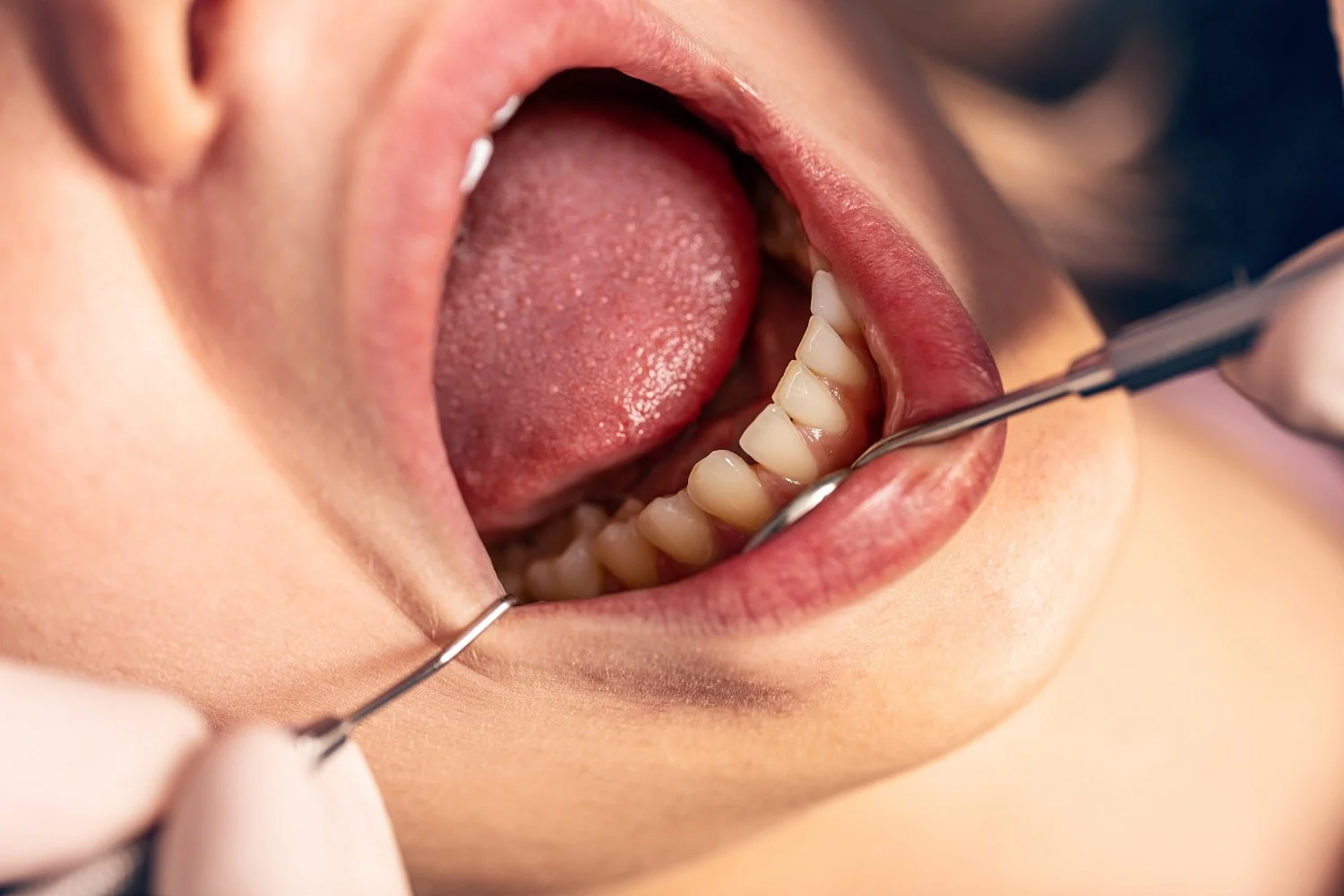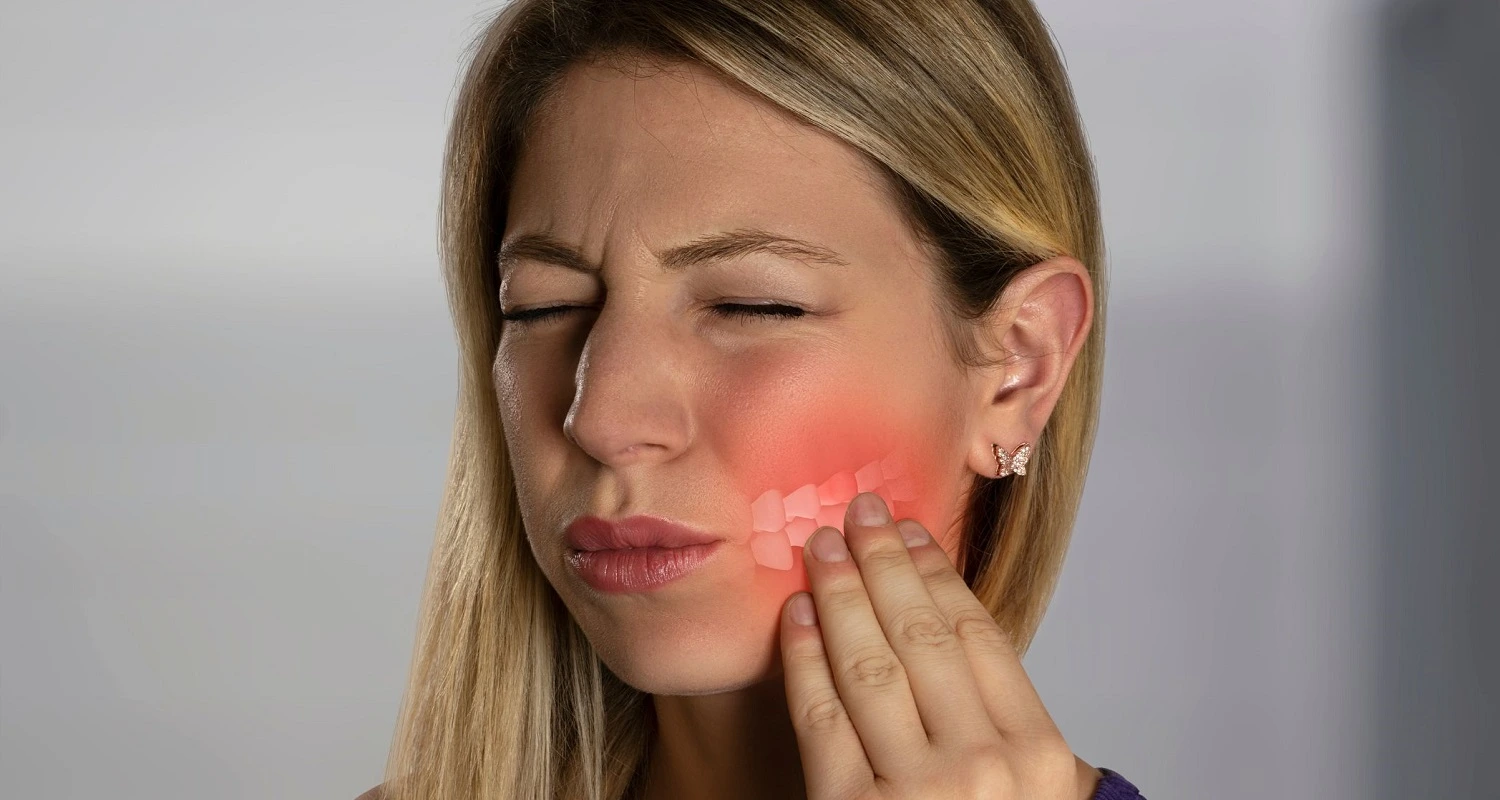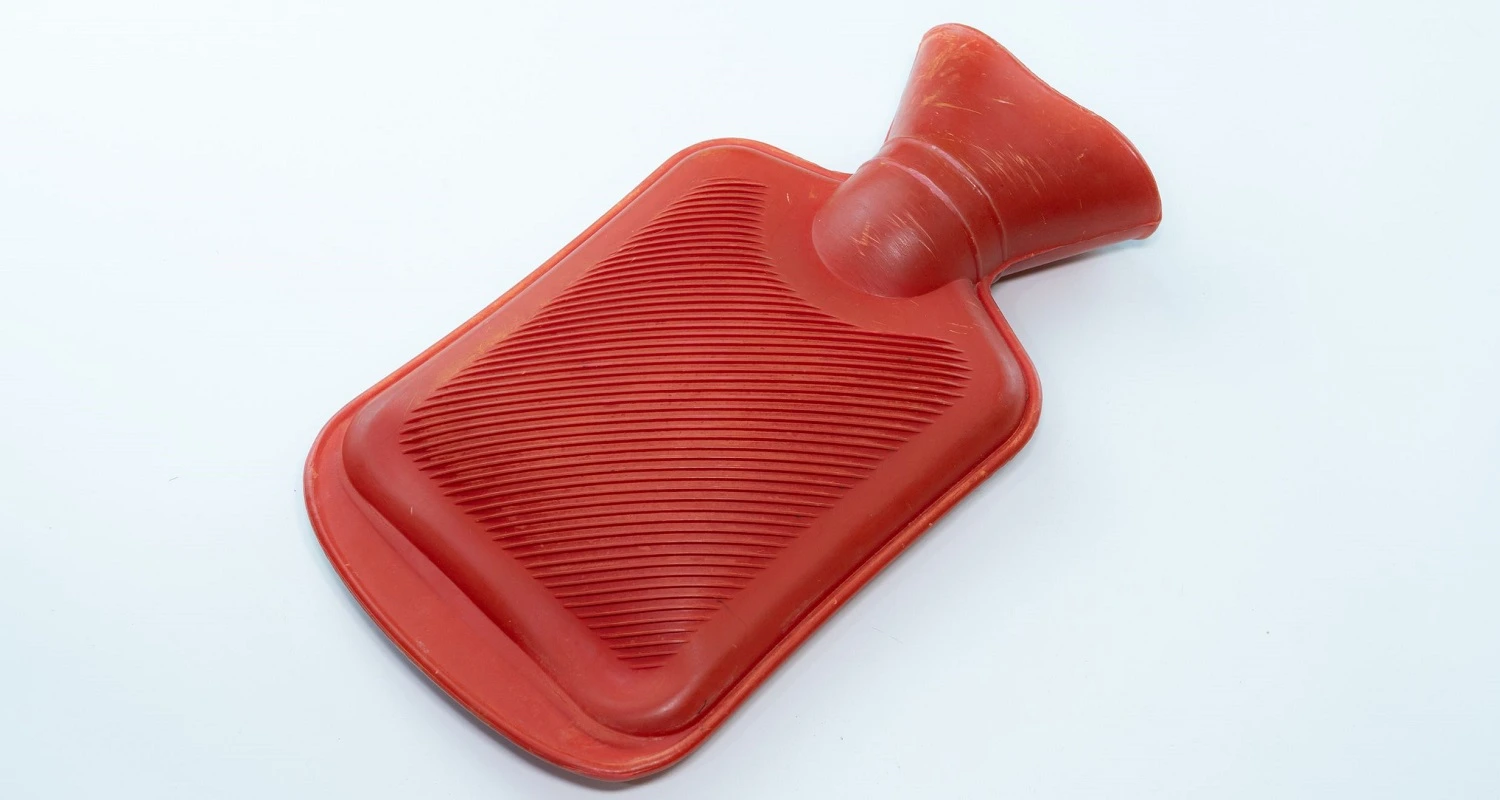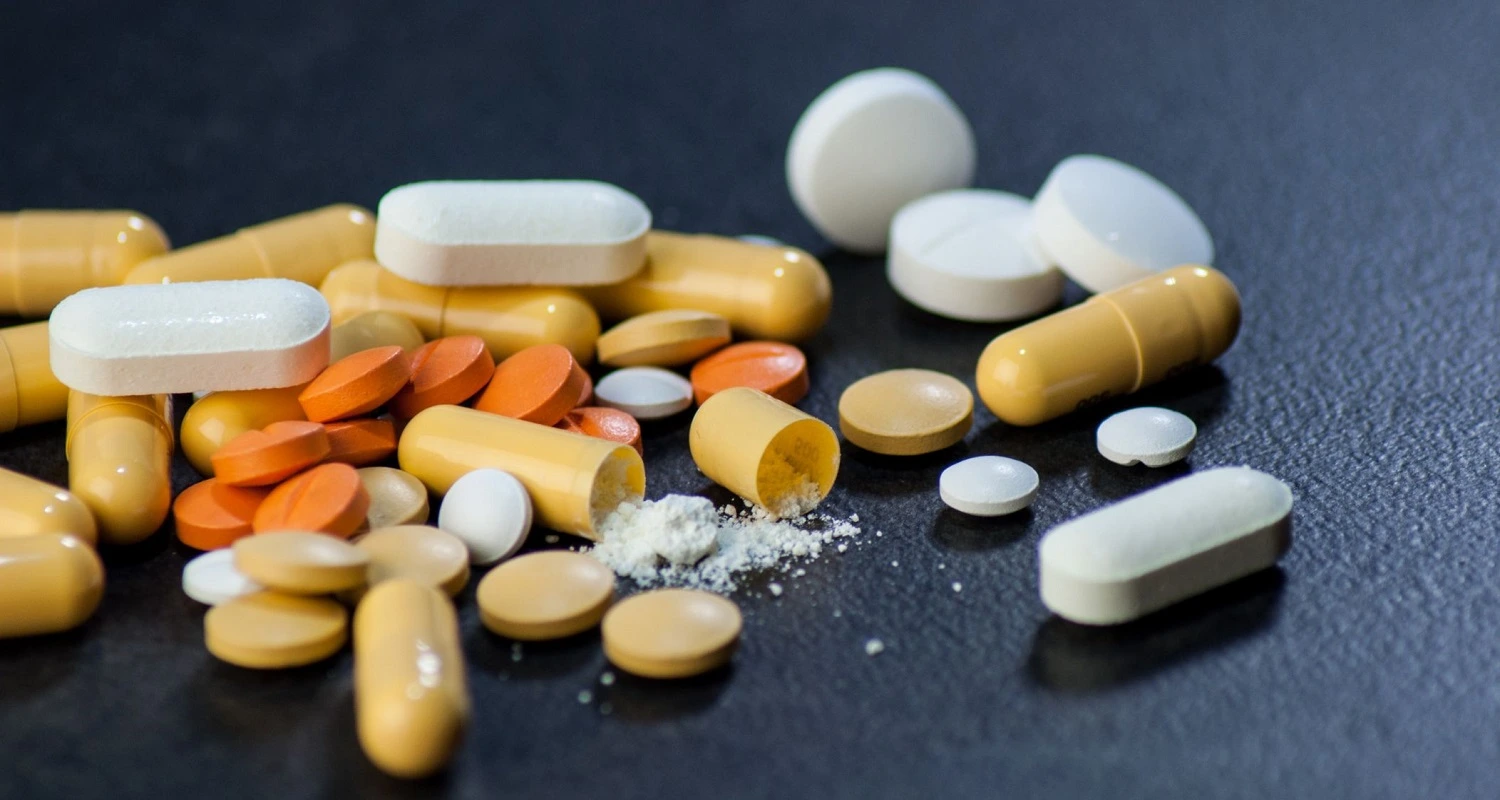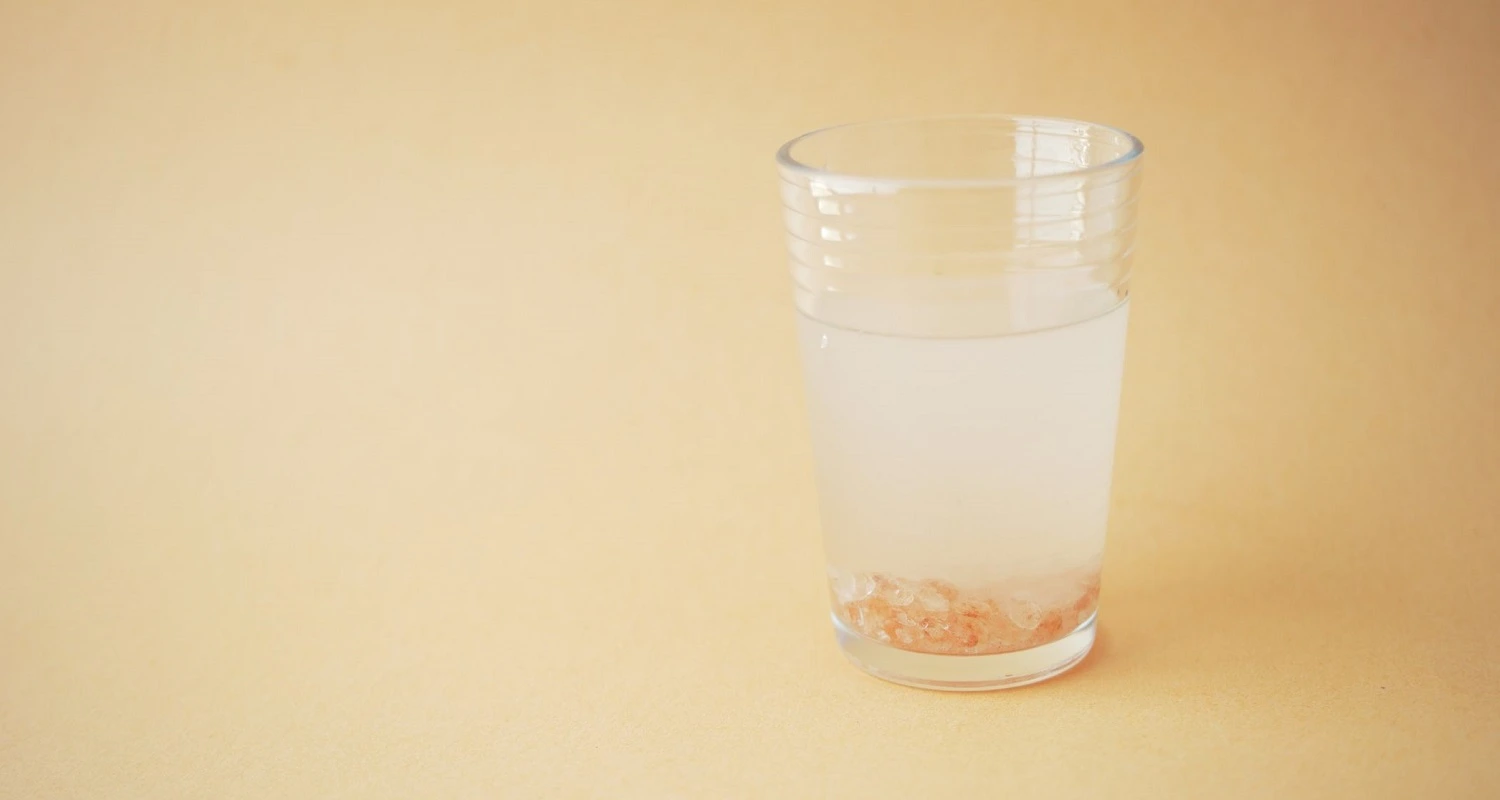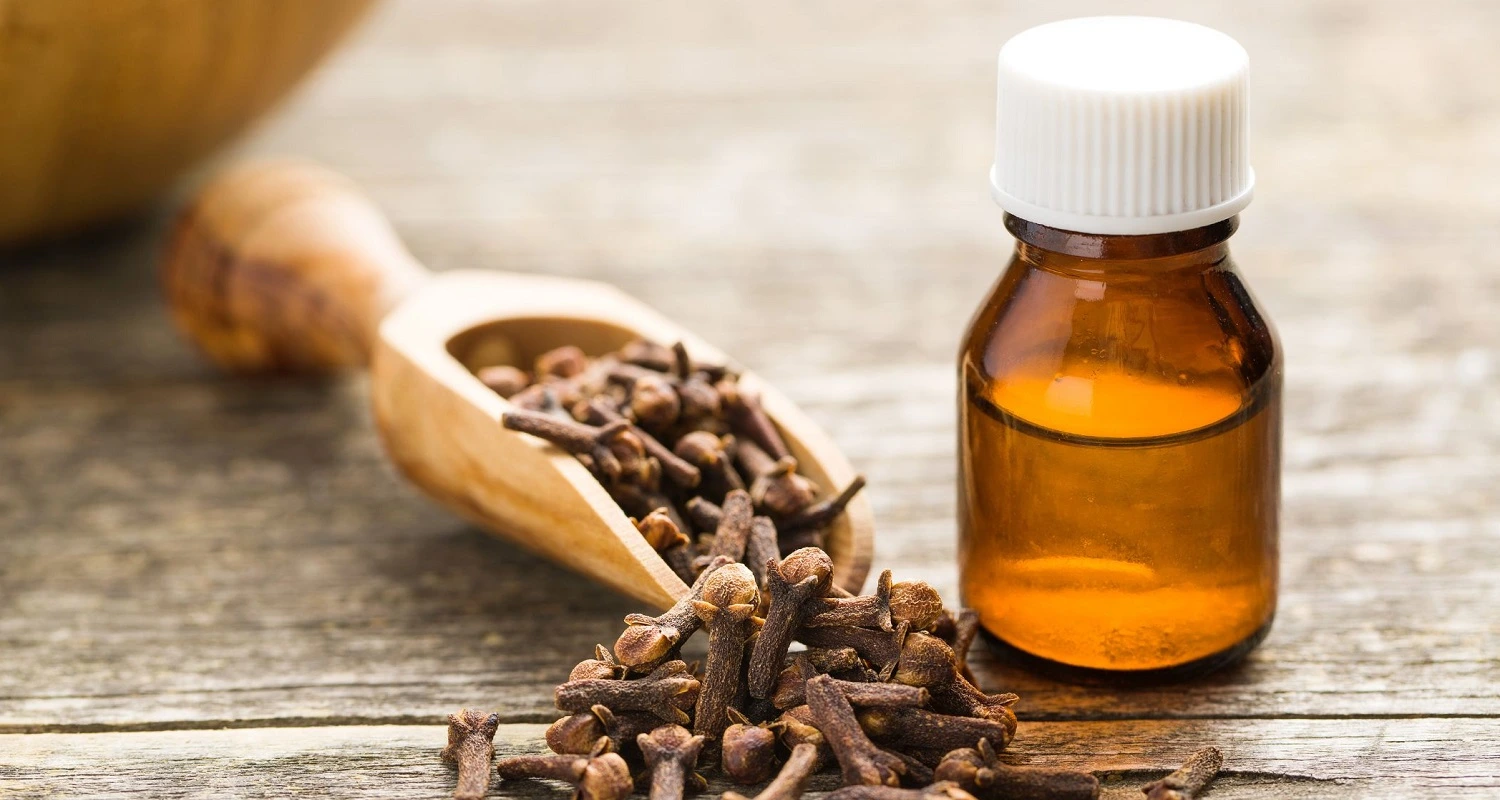Last Updated on: 2nd January 2026, 07:34 am
Dental pain usually appears very quickly; many times there is no warning while other times it appears in the form of sensitivity to cold or heat. Regardless of the case, natural home remedies to relieve toothache can be performed to alleviate pain while you schedule a dental office visit.
Types of Tooth Pain
Before you do anything, you should understand the types of pain you may experience:
Dull ache: This type of pain is not constant, nor pain as such; it is more the discomfort felt in the teeth but you cannot be identified where it is. Some causes of this type of pain are:
• Food debris trapped between the teeth or gums
• Teeth grinding (bruxism)
• Dental abscess
If the pain is caused by food residue, it can be solved very easily: you simply have to practice good oral hygiene (brush and floss) and that will suffice. However, if the pain is associated with bruxism or dental abscesses, the dentist will recommend some type of treatment.
Sharp pain: This type of pain is of immediate presentation and generally requires emergency assistance at a dental office. The possible causes of this type of pain are:
• Exposed cavities (dislodged dental fillings)
• Tooth fracture
• Caries
Tooth Sensitivity: This type of pain is not constant, as it is only felt when very cold, very hot, or acidic drinks or food are consumed. To treat this type of pain, the use of specific toothpastes for dental sensitivity is recommended.
However, if the sensitivity is persistent, the origin may be due to:
• Caries, in their early stages
• Tooth fracture
• Misfit dental fillings
• Exposed tooth root
• Gum disease (gingivitis and/or periodontitis)
Throbbing or throbbing pain: This type of pain is usually very annoying, and almost unbearable. At this point, it is best to consult an emergency dentist. If possible, treatment should be given immediately. If you cannot go immediately, either due to proximity or schedule, you can apply some remedies at home.
Remember, these remedies offer temporary relief, but untreated tooth infections can cause serious health problems, including infection spread. Learn about symptoms in this article and prioritize prompt dental care.
Home Remedies to Relieve Toothache
Different remedies can be done at home to calm dental pain while you wait to visit a dental clinic. Before learning about them, it is important to remember that these types of remedies may be temporary and not definitive treatments. If the cause of the pain is not removed. it will persist.
1. Cold compresses: Compresses can reduce inflammation, inflammation generally occurs when there is an infection associated with the pain. The compress must be completely cold and held on the site of the inflammation. This is one of the most common and effective home remedies to relieve toothache fast.
2. Warm compresses: For some people, heat provides comfort and pain relief; however, prolonged use of heat can increase or cause inflammation. Compresses can be made with hot water and a clean cloth: simply moisten the cloth and apply pressure to the location of the pain.
3. Analgesic and anti-inflammatory drugs: Analgesic and anti-inflammatory medications are also good options to soothe dental pain: acetaminophen, ibuprofen, and naproxen are over-the-counter medications that act in the body, effectively relieving pain and reducing inflammation when it occurs.
4. Salt-water rinse: Salt diluted in water helps clean the affected area by removing the food residue lodged in the teeth and gums, thereby providing temporary relief. Unfortunately, its effect does not last long; it may only be a few hours. This is one of the most common and effective home remedies to relieve toothache fast.
5. Clove oil: Clove oil has long been used for its anesthetic properties. Its main ingredient is eugenol, a natural antiseptic that helps clean the affected area. This oil can be found in health food stores at a modest cost.
6. Analgesic gel: Analgesic gels are a pharmacological option and effective topical application to soothe pain. They are available in pharmacies to soothe pain while waiting to visit a dental office. Not that prolonged use can cause gum irritation, which can be painful. This is one of the most common and effective home remedies to relieve toothache fast.
7. Elevation: The accumulation of blood in the area of the head can increase the sensation of pain. To avoid it, you can elevate the head using 2 or 3 pillows for sleep. This technique is also used to avoid or reduce inflammation in postoperative processes, such as that of the third molars or wisdom teeth.
Other Alternative Treatments
Other treatments can be used as alternatives if you have already tried others and have not found a solution. However, their use is not particularly effective or long-lasting:
1. Garlic: It is a natural ingredient with medicinal properties. Some people use it to regulate blood pressure; however, others use it to soothe dental pain. It should be crushed into a paste and then applied to the affected area. Garlic helps kill bacteria and helps numb the affected tooth, but its analgesic effect is not prolonged.
2. Vanilla extract: Vanilla extract contains alcohol, which will numb the affected area for a moment. It must be applied with a cotton swab to the affected tooth and gums.
3. Mint tea bags: Mint is a natural and refreshing way to get some relief: the first thing to do is prepare a cup of hot water, dip the bag in the water, and let it sit for a few minutes before removing the bag. When the bag is warm, place it on the affected area to provide relief and comfort.
4. Tomillo: This natural ingredient has multiple antibacterial and antioxidant properties. Dilute the essential oil with another less-dense oil and apply it to the affected area. You can also add a drop of oil to a glass of water and use it as a mouthwash.
When there is pain, people seek different ways to reduce pain like some home remedies to relieve toothache. Although these tips can be done at home and help calm the pain a bit, they do not provide a definitive solution to the problem. Therefore, as soon as possible, get help from a professional dentist to find a definitive cure for the cause of the pain
Frequently Asked Questions
How to Stop Intense and Throbbing Toothache?
Seek emergency dental care immediately. For temporary relief: apply a cold compress to your cheek, take pain relievers like acetaminophen or ibuprofen, dab clove oil on the area with a cotton swab, rinse with warm salt water, keep your head elevated, and use over-the-counter analgesic gel. Visit a dentist for proper treatment.
Common Causes of Tooth Pain
Tooth pain can be caused by food debris, teeth grinding (bruxism), dental abscesses, cavities, fractures, caries, sensitivity to hot or cold, misfit fillings, exposed roots, and gum diseases like gingivitis or periodontitis.
How to Alleviate Tooth Pain at Home?
Use cold or warm compresses, take over-the-counter pain relievers (acetaminophen, ibuprofen, naproxen), rinse with salt water, apply clove oil or analgesic gel, and elevate your head while sleeping. Other methods include garlic paste, vanilla extract, mint tea bags, or diluted thyme oil.
When to See a Dentist?
See a dentist if the pain is severe, persistent, or accompanied by swelling, fever, or a bad taste in your mouth. Sharp or throbbing pain requires immediate care.
How to Prevent Tooth Pain?
Maintain good oral hygiene, avoid grinding your teeth, and have regular dental check-ups. Use toothpaste for sensitive teeth, avoid hard or sticky foods, and wear a mouthguard at night.
Share:
References
1. Bhat, G., Kudva, P., & Dodwad, V .. (July 1, 2011). Retrieved from Journal of Indian Society of Periodontology: https://www.ncbi.nlm.nih.gov/pmc/articles/PMC3200013/
2. Frank, C. (December 14, 2017).Medical News Today. Obtenido de How to treat a toothache at home: https://www.medicalnewstoday.com/articles/320315
3. griffin, m. (01 January 2005).webMed. Obtenido de Pain Relief: How NSAIDs Work: https://www.webmd.com/arthritis/features/pain-relief-how-nsaids-work
4. Huynh, N.-N. E. (July 21, 2016).PLoS One. Obtenido de Rinsing with saline promotes human gingival fibroblast wound healing in vitro: http://journals.plos.org/plosone/article?id=10.1371/journal.pone.0159843
5. NHS. (04 May 2021).NHS. Retrieved from Toothache: https://www.nhs.uk/conditions/Toothache/
6. University of Rochester medical center. (s.f.). Health Encyclopedia. Obtenido de Ice Packs vs. Warm Compresses For Pain: https://www.urmc.rochester.edu/encyclopedia/content.aspx?contenttypeid=85&contentid=p00918
7. Wallock-Richards, D.D. (December 1, 2014).LoS One. Obtenido de Garlic revisited: Antimicrobial activity of allicin-containing garlic extracts against Burkholderia cepacia complex.: http://journals.plos.org/plosone/article?id=10.1371/journal.pone.0112726
-
Nayibe Cubillos M. [Author]
Pharmaceutical Chemestry |Pharmaceutical Process Management | Pharmaceutical Care | Pharmaceutical Services Audit | Pharmaceutical Services Process Consulting | Content Project Manager | SEO Knowledge | Content Writer | Leadership | Scrum Master
View all posts
A healthcare writer with a solid background in pharmaceutical chemistry and a thorough understanding of Colombian regulatory processes and comprehensive sector management, she has significant experience coordinating and leading multidisciplina...


